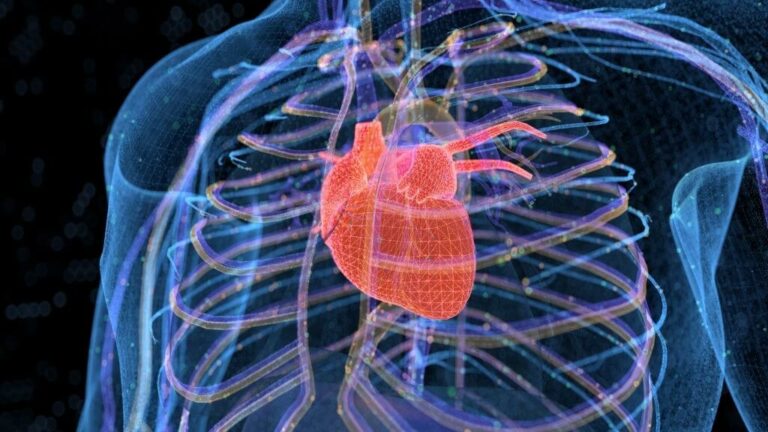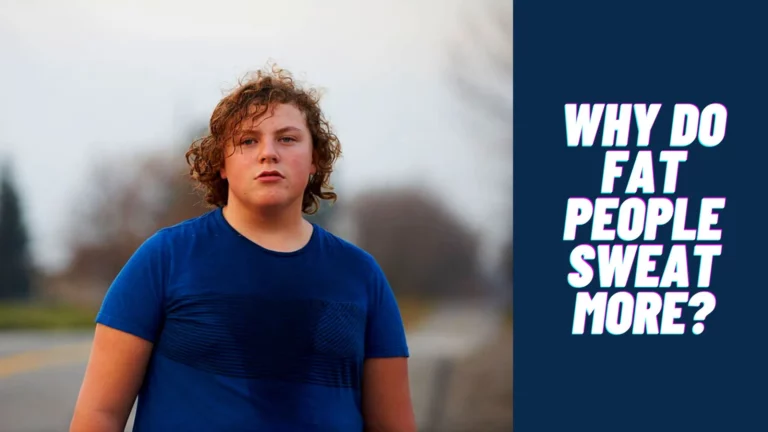Possible Treatments For Obesity

As we all know obesity is a complex disease involving an excessive amount of body fat that may have a negative impact on health. But the treatments for obesity are not as simple as eating less and moving more.
Possible Treatments For Obesity
Obesity is a lifelong disease needing comprehensive lifelong health care. Check out this article to find possible treatments that can help you in your journey with obesity.

WHAT CAUSES OBESITY AND WHAT ARE THE SYMPTOMS?
Common specific causes of obesity include:
- Inactivity – having a sedentary lifestyle
- Unhealthy eating such as eating foods high in calories
- Lack of sleep
- Genetics
- Pregnancy
- Medications such as insulin and antidepressants
Moreover, certain medical conditions such as Cushing syndrome and Hyperthyroidism can also cause obesity.
Symptom of obesity is having a body mass index (BMI) of 30 or more. It is categorized as class vise as we have listed below:
- BMI of 30-34.9 is obesity class I
- BMI of 35-39.9 is obesity class II
- BMI of 40 or more is obesity class III
If your BMI falls in the range of obesity then your doctor will review your family health history, and performs a general physical test. The general physical examination may include checking vital signs such as heart rate, blood pressure, and temperature. The blood test may be used to examine cholesterol and glucose levels, liver function test, diabetes screen, thyroid test, and ECG.
TREATMENTS FOR OBESITY
Treatment helps you lose weight and maintain a healthy weight. Treatment options suitable for you depends on the level of your obesity, overall health, and your preference.
Treatments require lifestyle changes, increased physical activity, medications, and bariatric surgical procedures.
Lifestyle changes
If you are having trouble with obesity lifestyle changes may help you lose weight.
It is important to reduce your energy intake, which means the calories in the food you eat and increase the energy out, which means the number of calories that you burn during physical activities.
Here we have listed below a variety of food items that may help you to reduce the number of extra calories in your diet:
- Fruits
- Vegetables
- Whole grains
- Lean meats
- Limiting unhealthy snacks and desserts
- Avoid high-calorie fat foods by preparing food at home instead
- Eat smaller portion sizes
- Eat foods that are lower in fat
- Read food nutrition labels which will help you learn more about the food you eat and make better choices.
- Increase water intake
- Replace sugary drinks with water
- Avoid snacking throughout the day
These tips may help you change your lifestyle. But remember, the key is to start small. Don’t overwhelm yourself and try to make every change at once because you will never stick to it.
Physical Activities
Including physical activities such as exercises in your lifestyle would decrease the risk of cardiovascular disease, cancer, and diabetes, and also help you lose weight. Check out these suggestions which will help you move:
- Incorporate aerobic exercises three days a week for at least 30 minutes a day. (you can break the 30 minutes into smaller segments if necessary)
- Wear a pedometer and start walking this will help you measure how many steps you have taken on average and then try to increase your daily steps by 100
- Add strength training three times a week this will strengthen your muscles and increase metabolism.
- Improve balance, stability, and abdominal strength by doing fitness ball exercises. ( make sure to get the right fitness ball for your height and your weight)
- Join a beginner’s yoga class to increase flexibility and reduce stress.
- Get plenty of rest and keep your body moving, if you are moving, it counts as exercise.
Always remember if you are morbidly obese consult a physician before attempting to do any exercise or exercise plan.
Medications
if you have a BMI of 30 or more, or if you have obesity-related health problems such as diabetes or high blood pressure then your doctor may prescribe some of these medications listed below. These medications prevent your body from taking in fat from the food you eat and make you feel less hungry. But at the same time, these medications have severe side effects too.
- Orlistat (Alli, Xenical)
- Phentermine and topiramate (Qsymia)
- Bupropion and naltrexon (Contrave)
- Liragltide (Saxenda, Victoza)
Surgical procedures
Your health care provider may advise a bariatric surgical procedure if your BMI is 40 or more and also if you have obesity-related health problems. These are the three bariatric surgical procedures:
- Sleeve gastrectomy
- Adjustable gastric band procedure
- Roun-en-Y gastric bypass procedure
It is important to follow the dietary guidelines from your health care provider and to stay physically active even after you have the bariatric procedure.
Losing weight is a gradual process, to achieve that you have to set realistic goals and keep in mind that even small amounts of weight loss can reduce health risks.





